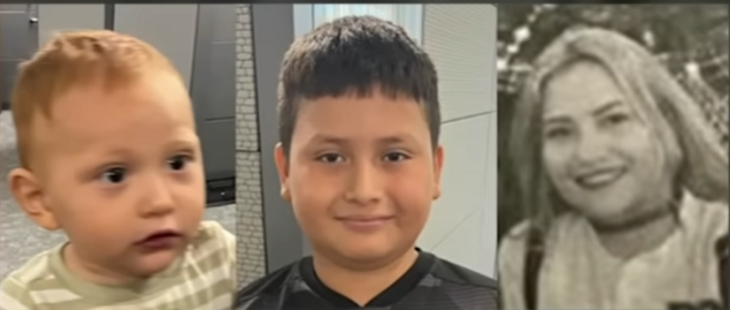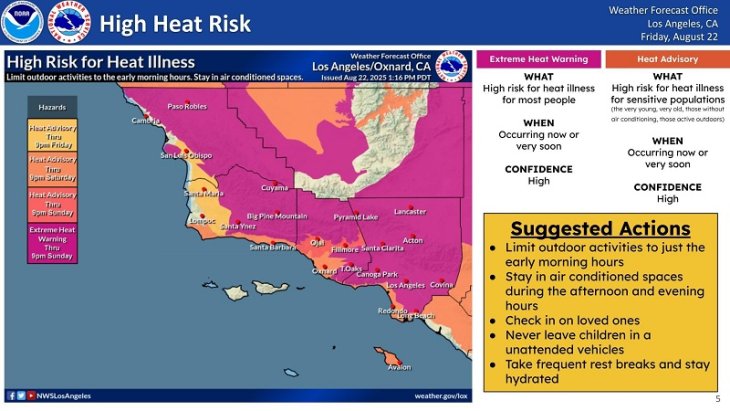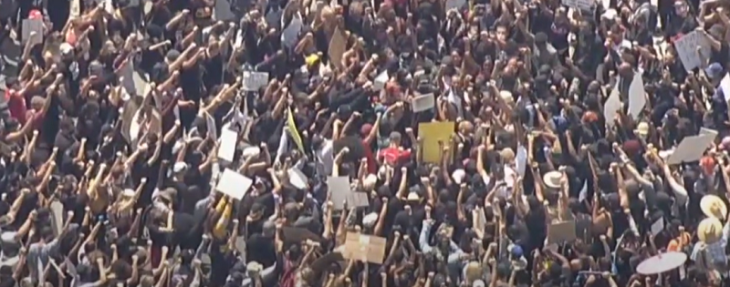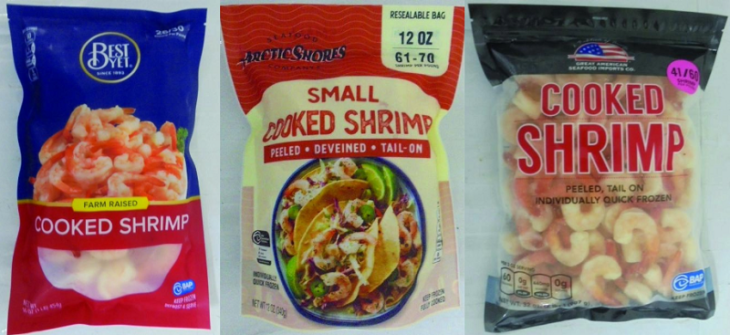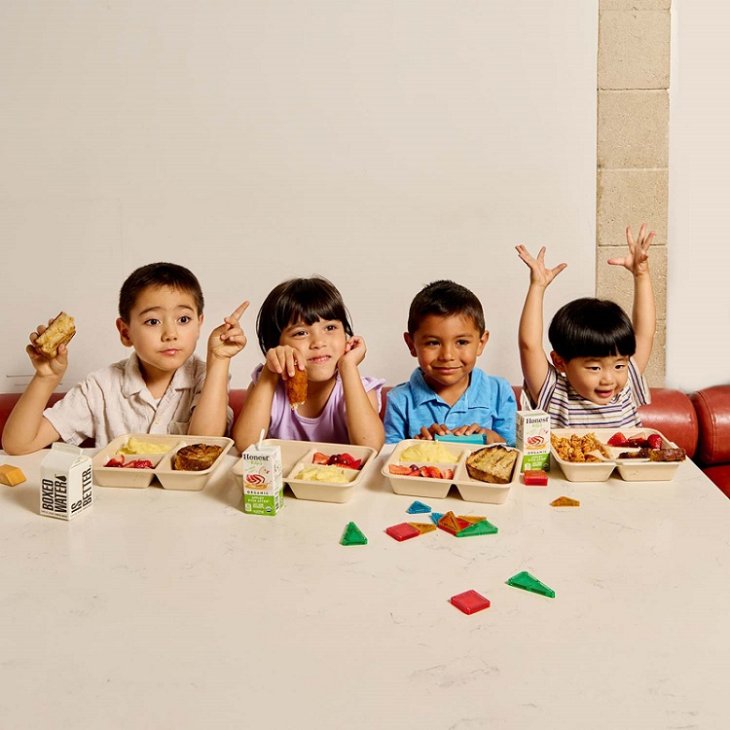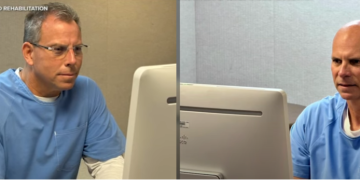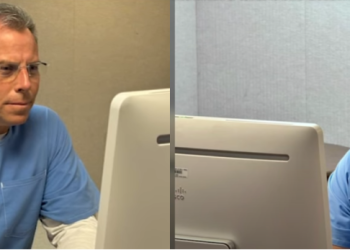It’s the most wonderful time of the year… no, not that time… it’s back-to-school-time. And parents everywhere are singing a tune even more joyous than a Christmas carol! And although we live in Los Angeles, and, instead of feeling that cool crispy fall air, we feel the heavy heat of the Santa Ana winds rolling in, the school year is starting. Kids of all ages have some sort of excitement with this, as most are as anxious to get out of the house as we are to have them out from under foot.
Preschoolers, new and seasoned, get excited for ‘big kid’ school, and may even get a cool princess backpack or a rockin’ superhero lunch bag to feel extra ‘big’. Older kids– from elementary school through high school– may have different ideas: anticipation of their new grade, new teachers, or even a new school. Some may even have some ‘new school-year resolutions’ regarding homework planning, staying ahead, (parents can dream, can’t we?) or trying out for the school play. But f ew, if any, are thinking about staying healthy. After all, they are invincible, are they not?
ew, if any, are thinking about staying healthy. After all, they are invincible, are they not?
That’s where we come in. We, the party-pooper parents, not only make our kids do their homework, but we also try to ensure they stay well. But how can we do this? What’s that expresssion? An ounce of prevention is worth….? That’s right, a pound of….well, you get the idea. Prevention, prevention, prevention; it’s the back-to-school song parents and doctors in partnership sing at the beginning of each school year.
Prevention starts at home. For the littlest ones, personal hygiene is key. Wash your hands. With soap. Let’s go over that again. Wash hands. With soap. Teaching this to your kids before they can even stand on their own will go miles in the school years ahead. Hand-washing (with soap) should last as long as it takes to sing the ‘ABC song’, ‘Twinkle, twinkle, little star’, or any new ditty your child chooses. And the good news is that the hand-washer gets to pick the song. At a minimum, hands should be washed before and after meals, as soon as they come home from school, after playing outside, and before bedtime. This simple, easy to teach, yet admittedly annoying to enforce, habit has been shown to reduce the incidence of colds and coughs spreading from tot to tot (and even from teen to teen and parent to parent). Another preventative tool for the young ones: cover your cough (or sneeze)–but not in that hand you just washed!– in the crook of your arm. Teach your child to catch their cough inside their elbow, even if that elbow, even if it means boogering-up a brand new school or sports uniform.
While it’s great that we can teach our young ones (and hopefully this basic hygiene skill carries on to the big kids) how to keep themselves clean, we cant teach our kids how to get immunized. That’s our job, not only as responsible parents, but also as responsible people. Despite that fact that the 1998 Lancet study linking vaccines to autism has been debunked countless times by the medical literature and leading medical authorities, some still choose not to immunize their children. While many think of this as a personal choice, indeed this is not the case. To underscore this, according to the American Academy of Pediatrics (AAP), one quarter of our nation’s pediatricians are now turning away patients who refuse to vaccinate their children. They are not doing this to prove a philosophical point, but to protect their other patients. If an un-immunized child is sitting in the same waiting room as a child who has a weakened immune system, either from cancer treatments or from chronic illness, or near a young infant who is not yet vaccinated, the ‘weaker’ and ‘younger’ child both have a high likelihood of contracting diseases such as measles, whooping cough, or even the flu. All of these may be fatal, or result in permanent lung or brain damage to those with immature or compromised immune systems. Un-immunized children can also put elderly folks as well as adults with weakened immune systems at risk.
So while you’re helping your kids pick out their school supplies, washing their hands and finishing up summer reading lists, help your children, and those around them, stay healthy. Be their advocates. Don’t leave their health up to the medical profession alone. And certainly don’t leave it up to chance. Wash their hands and vaccinate your children for the good of your whole family and community.


